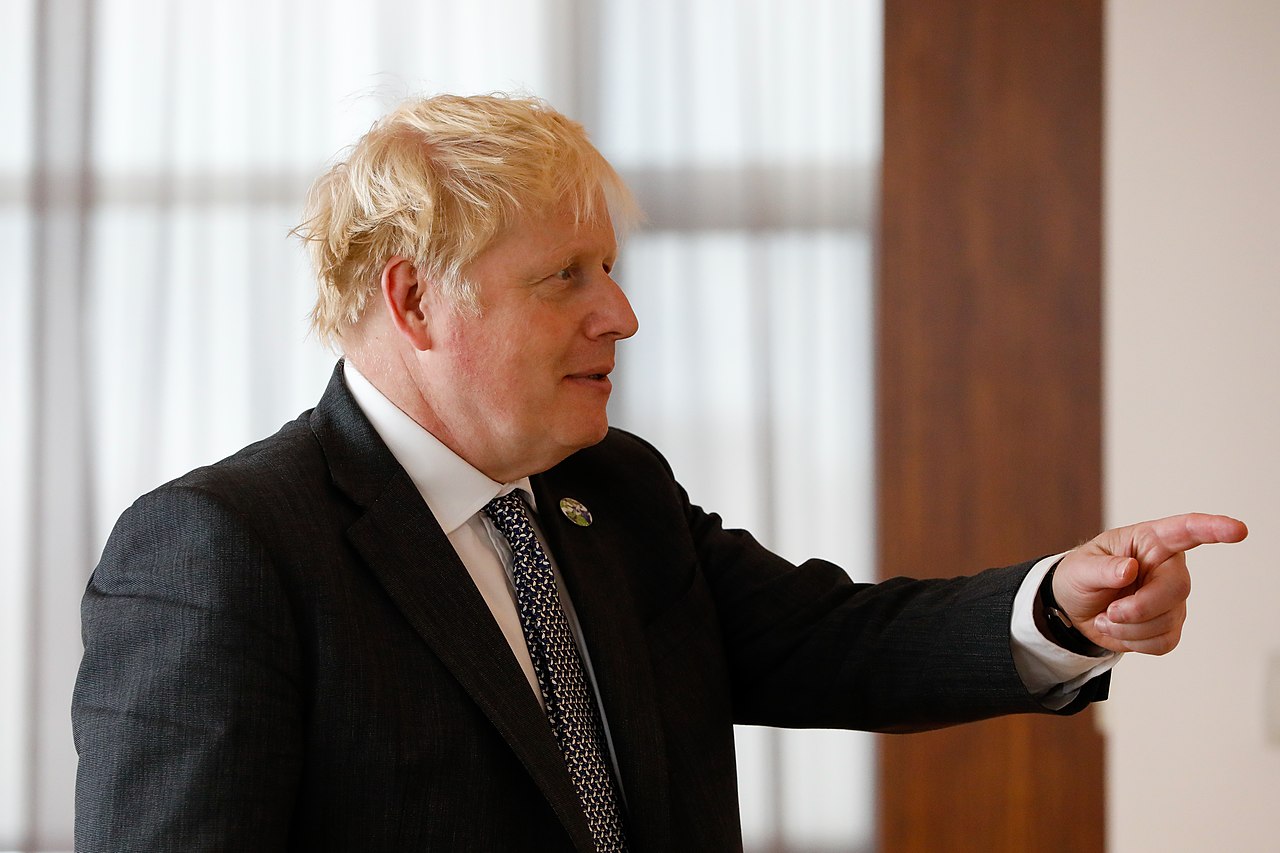LONDON (Parliament Politics Magazine) – This morning, Boris Johnson is chairing the cabinet. Johnson will direct the ministers to focus on the cost of living crisis, according to a long press release from No. 10.
The press releases from Downing Street are usually quite dull, but this one was anything but. Here’s an excerpt from the book.
Johnson will urge his cabinet colleagues and departments to focus their efforts on finding new methods to relieve household financial strains, promoting available but underutilised assistance, and assisting individuals in finding high-quality, well-paid employment across the UK.
People across the country are already benefiting from increased financial assistance this month, including immediate assistance with energy costs through the £150 council tax rebate, an increase in the National Living Wage, and the largest reduction in fuel duty in cash terms. This year, a total of £22 billion in aid will be made available.
The PM will push ministers to keep working hard to lower living costs without depending entirely on fresh government spending. High levels of public debt as a result of unprecedented support during the pandemic, as well as rising inflation and interest rates, imply they must maintain fiscal management rather than burden future generations with more debt.
The press release enlists three things that ministers are doing to help people cope with the living cost crisis, but they are all minor steps, and the reference to asking ministers to “double down on exploring innovative” solutions suggests that No 10 is desperate for new ideas. That could not instil a lot of confidence. Many of us don’t have a solution to the rising cost of living, but Johnson is the Prime Minister of the United Kingdom, and he’s in charge of a government. He is not a think tank.
No. 10 lists three “non-fiscal” steps that it is already implementing to assist people.
- Encouraging people to double-check that they are claiming all of the benefits they are entitled to. For instance, according to the estimation, about 1.3 million families are taking advantage of government support through tax-free childcare, which provides up to £2,000 towards childcare costs per year, and there is still an estimation that 850,000 eligible households who are not claiming pension credit, which could be worth over £3,300 per year for pensioners, the report says.
- Stopping universal credit deductions for energy bills. The government claims that this approach will offer claimants more time to talk to energy companies about how to pay increased costs.
- Calling on private businesses to do their share. No 10 says that the ministers won’t hesitate to act down on inappropriate behaviour taking place within industry, where they are unfairly driving up costs for hardworking people.
Today’s endeavour is a tacit acknowledgement, as Jessica Elgot writes in her overnight piece, that Rishi Sunak’s spring speech failed to adequately address the cost of living crisis.
This is the day’s schedule
Boris Johnson takes the chair of the cabinet in the morning.
10 a.m.: The government’s main scientific adviser, Sir Patrick Vallance, testifies before a Lords committee on climate change.
10.45 a.m.: Commons leader Mark Spencer and Cabinet Office minister Michael Ellis testify before the Commons standards committee on the overhaul of the MPs’ code of conduct.
11 a.m.: An official of the National Farmers Union and other specialists testify before the House of Commons international trade committee about the trade agreement with Australia.
11.30 am: Downing Street hosts a lobby briefing.
11.30 a.m.: Foreign Secretary Liz Truss receives questions in the Commons.
Afternoon: Peers debate Commons changes to the nationality and borders bill in the afternoon. They will also consider Commons amendments to the building safety bill, the health and care bill, and the police, crime, sentencing, and courts bill in an intense round of “ping pong” (the process in which bills shuttle between the Lords and the Commons until outstanding disagreements can be resolved).






